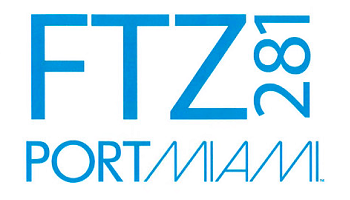- Improve cash flow and global competitiveness
- Expand your business, create jobs and attract investments
- Reduce Merchandise Processing Fees by submitting customs entries on a weekly basis
- Speed customs clearance and eliminate paperwork
- Benefit from less regulation and more flexibility than a bonded warehouse
- Consolidate your cargo into larger shipping units thanks to duty deferral
In Miami-Dade County, there are a few hundred bonded warehouses. View a table that outlines the differences between a Foreign Trade Zone and a bonded warehouse.

